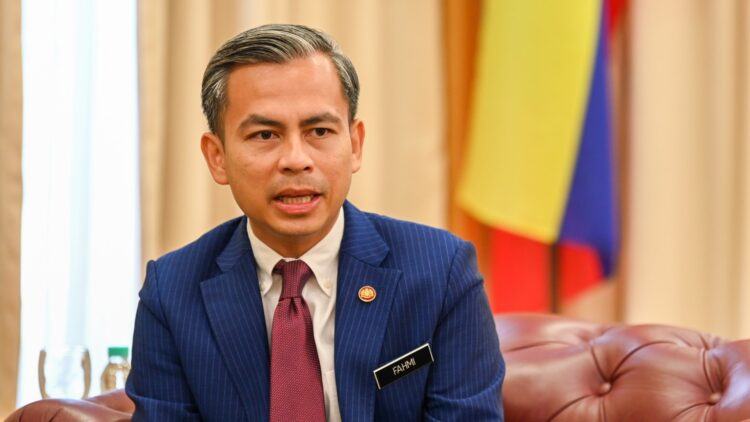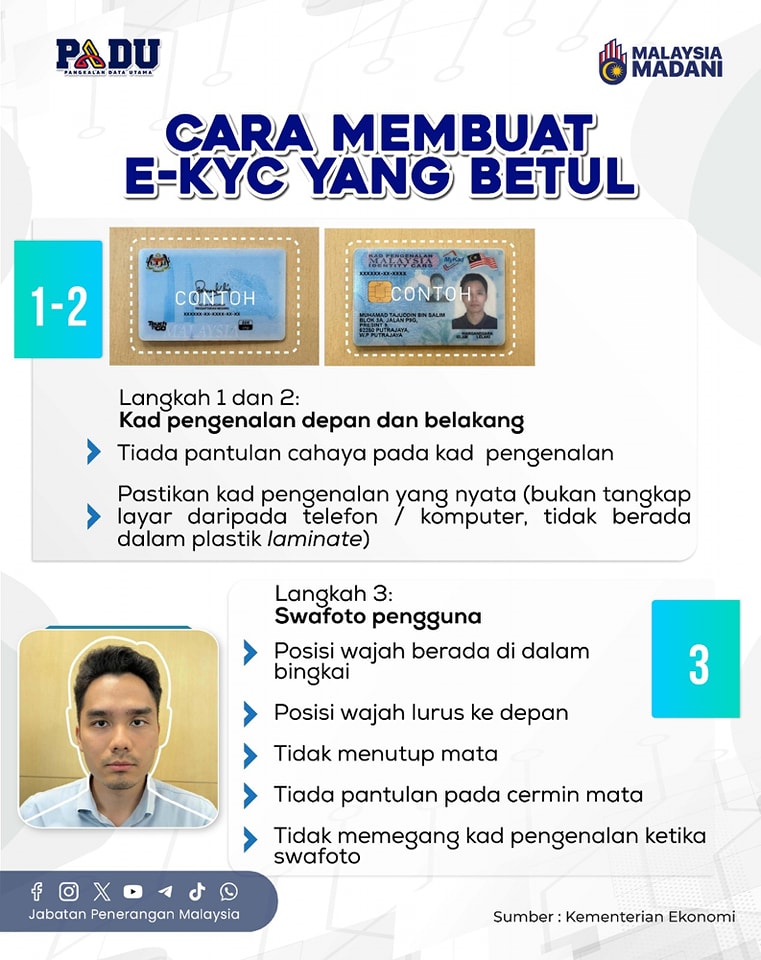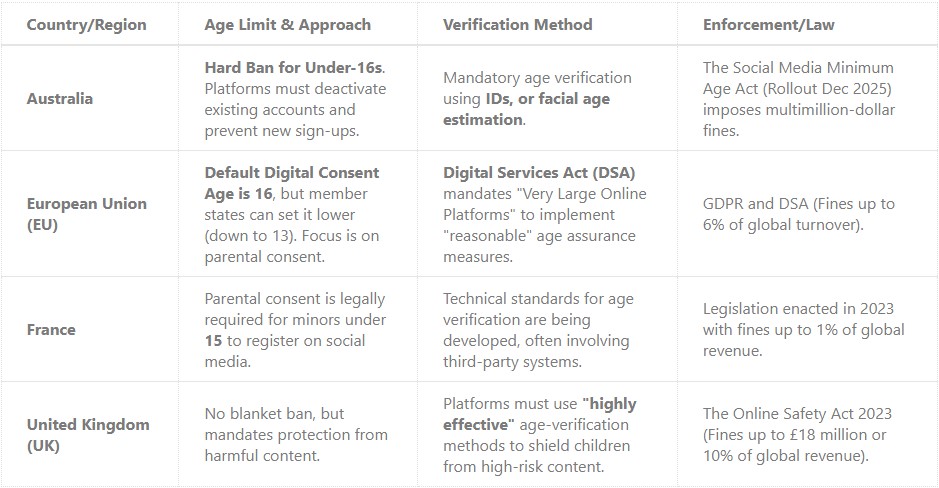The Malaysian government is officially drawing a hard line in the sand: if you’re under the age of 16, your social media days are numbered.
Communications Minister Datuk Fahmi Fadzil has confirmed that starting next year, minors will be barred from creating social media accounts, effectively raising the minimum age requirement across the board. The Cabinet made the final decision to hike the age limit from the previously proposed 13 to 16 years old to better protect our youth online.
Say Hello to Mandatory e-KYC
This isn’t just a polite request; it’s a mandate. Datuk Fahmi stated that all social media platforms will be required to implement robust age verification methods via e-KYC (electronic Know Your Customer).
This means the platforms must integrate with official identity documents during the registration process to authenticate a user’s real age. The official IDs being specified for this verification include your MyKad, passport, or the upcoming MyDigital ID.
The Minister is pushing for platform providers to be fully compliant and ready to deploy these e-KYC checks by 2026.
Why the Strict Move?
The main goal is to tackle the escalating online dangers faced by children. The government is aiming to curb:
-
Cross-age cybercrime, specifically protecting minors from sexual predators.
-
Rising incidents of cyberbullying, sexual harassment, and other discipline issues linked to unregulated early social media exposure.
This nationwide ban is part of the government’s wider strategy to strengthen online protections, aligning with the incoming Online Safety Act which is scheduled to take effect on January 1, 2026.
Malaysia’s strict approach is part of a growing global trend of governments ditching the “honour system” (where kids just lie about their birthday) and forcing platforms to implement mandatory, high-assurance age verification.
Here is how other major jurisdictions are handling the digital childhood dilemma
What this means: Malaysia’s decision to set the age limit at 16 and mandate e-KYC puts it in the same league as the most stringent regulations globally, particularly Australia and the EU’s default age of digital consent. We are definitely not alone in forcing tech giants to police their younger user base. Now, the real challenge begins, implementation without a massive data privacy backlash.





